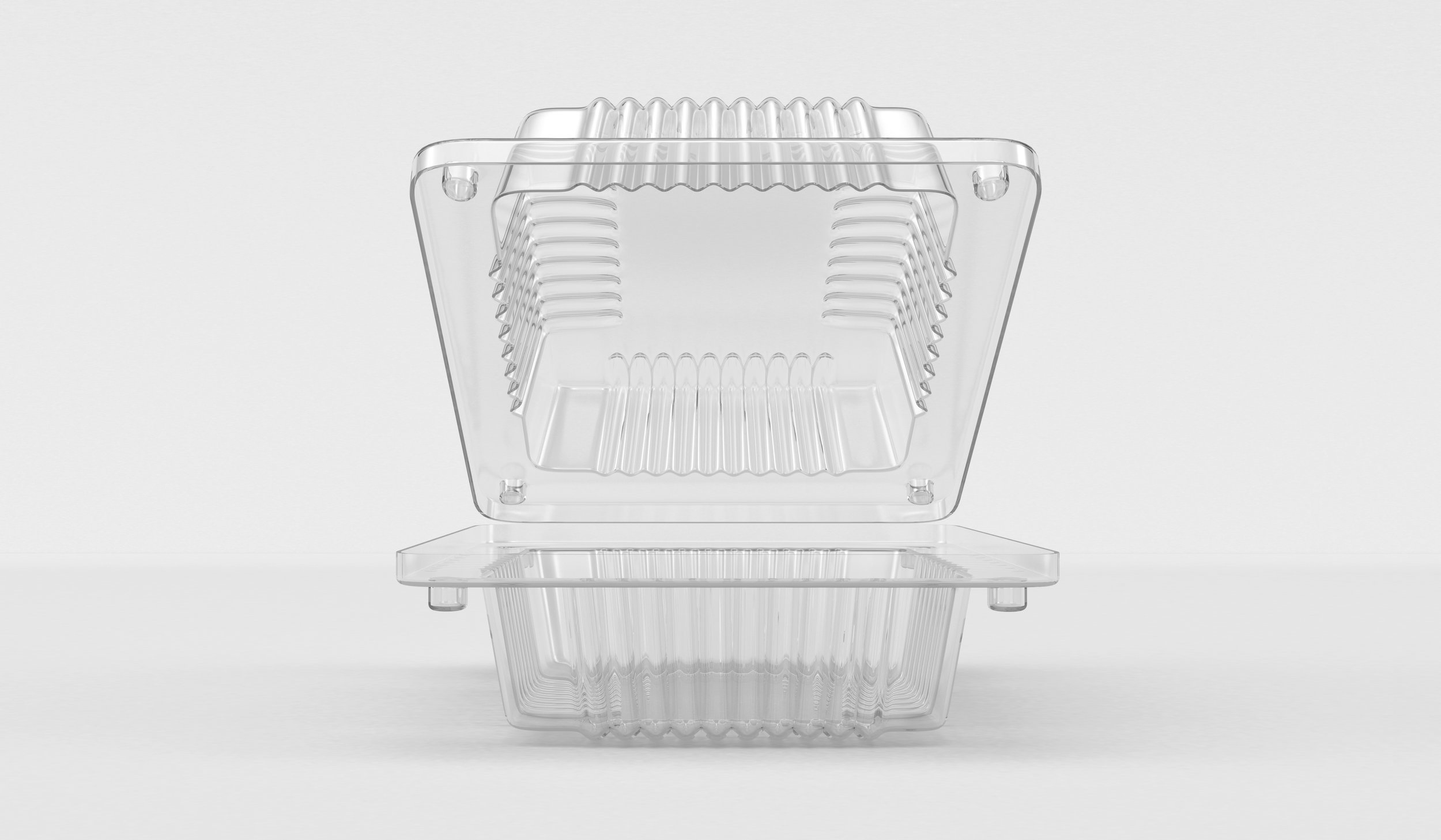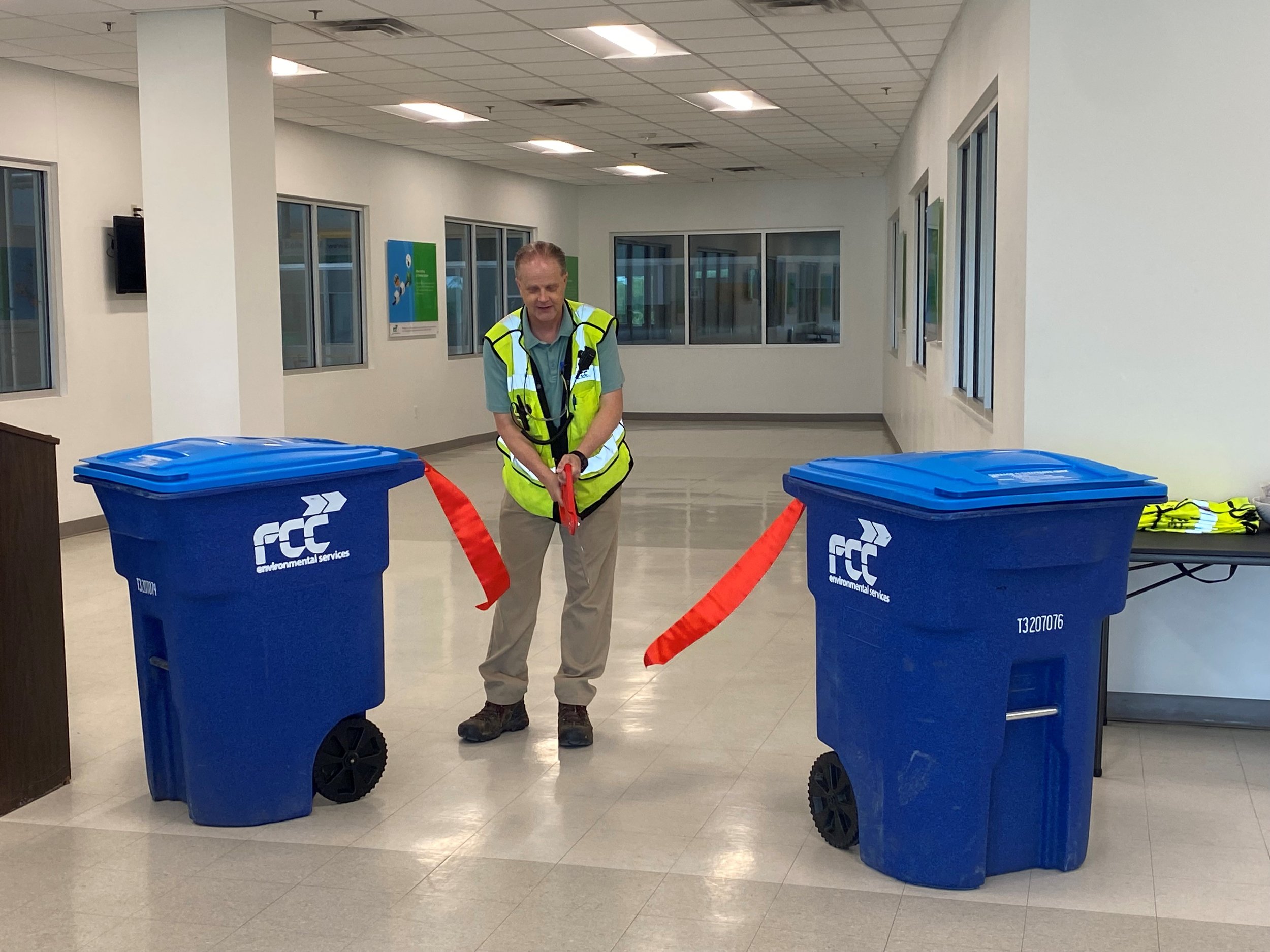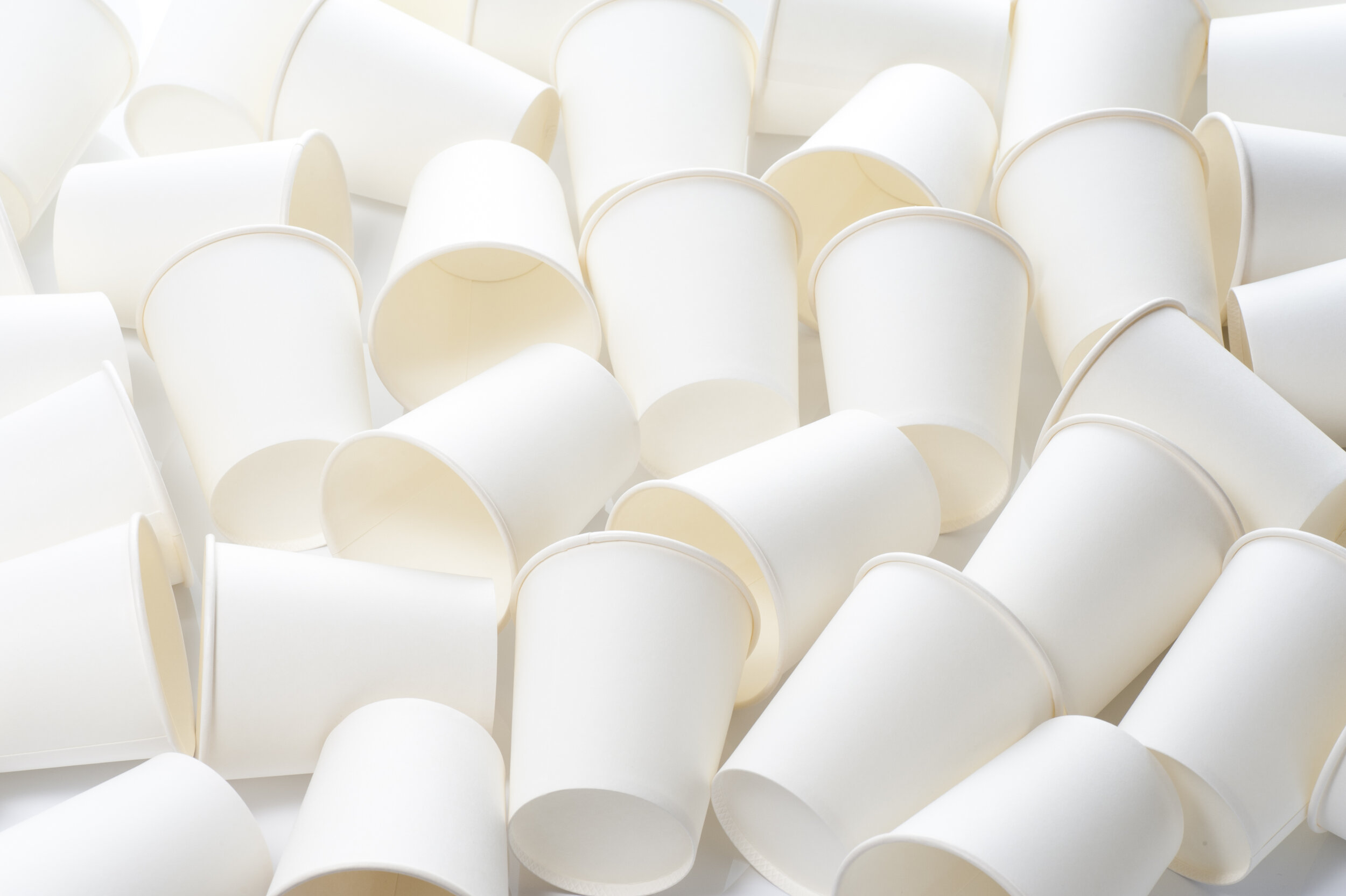
In the Media
Recording of the January 2025 FPI webinar featuring industry, community, and composter representatives who are including compostable packaging in residential composting programs.
The strategic plan and action items that emerged from the Improving the Circularity of Compostables and Compost event are part of a two-year systems change effort that now moves into a broad activation phase, inviting all participants in the supply chain to become involved.
Recording of the October 2024 FPI webinar featuring industry, MRF, and material processor representatives who are recycling plastic-based cup and container takeout packaging.
To better understand the place of foodservice packaging in residential composting programs, FPI conducted a study of diverse US curbside programs and developed case studies of eight residential curbside collection programs that accept foodservice packaging — four in California, two in Minnesota, one in Washington, and one in Texas.
Starting Nov. 1, Rumpke’s residential and commercial customers in central Ohio and parts of northern and southeast Ohio will be able to include clear plastic carry-out containers, as well as those from berries, lettuce and eggs.
The pilot composting program diverted 38 tons in year one and 47 tons in year two, including items like compostable paper trays, containers, and napkins. The inclusion of these compostable items in the program assisted in capturing more food scraps and further reduced quantities of landfilled packaging material.
Recording of the July 2024 FPI webinar featuring MRF, paper mill, and community representatives who are recycling pizza boxes, paper cups, and other paper-based takeout packaging.
From the 7/4/24 CBC article: Paper beverage cups lined with plastic, for both hot and cold drinks, are now accepted for recycling at home (including in apartment buildings), long-term care homes, retirement homes and elementary and high schools in the City of Toronto. The cup recycling program is expected to be expanded to all of Ontario by 2026, and to similar containers such as ice cream cups.
The total number of U.S. paper mills accepting paper cups is now more than 40, marking “significant progress” since the end of last year.
Two-thirds of foodservice packaging is for to-go orders and winds up back in consumers’ homes. FPI conducted a resident survey looking for insight to inform messaging around recycling and to home in on missed recovery opportunities.
In December 2023, FPI held a webinar that shared information on the effect of images, language and special instructions related to recycling take-out containers. We also learned about best practices and tools, and heard real-world examples of resident education from communities and haulers.
FPI released a summary of findings from its Resident Messaging Survey, sharing information related to resident assumptions on recyclability, awareness of what items can be recycled, and top sources of recycling instructions. The survey focused on recycling messaging related to take-out items such as plastic cups and containers, paper cups and pizza boxes.
FPI has launched more than 20 community partnerships, utilizing collaboration and communication to identify, test and increase acceptance of food service packaging for recycling. At the heart of each of these recycling success stories are the MRF-to-mill pathways.
Eco-Products has launched a new program that will help foodservice operators keep non-compostable items from contaminating their compostable organics streams. Research done in 2022, the CompostAble Chicago study, found that restaurants and other vendors may divert more food scraps and other materials from landfills if they adopt compostable packaging into their operations.
FPI has launched more than 20 community partnerships, utilizing collaboration and communication to identify, test and increase acceptance of food service packaging for recycling. At the heart of each of these recycling success stories are the MRF-to-mill pathways.
A new materials recovery facility (MRF) has opened in Chicago with equipment thanks to a collaborative grant from the Carton Council of North America and the Foodservice Packaging Institute (FPI).
Industry consultants on a recent Foodservice Packaging Institute webinar described three studies examining food service packaging recovery.
From the article: The latest FPI study took place in 2022 and investigated whether levels of food residue on foodservice packaging differed from those found on the food contact packaging that is more traditionally included in recycling programs.
LRS, the City of Chicago’s blue cart recycling service provider for four of the six zones, has expanded its list of accepted materials to now include paper cups.
NextCycle is designed around accelerating solutions toward a circular economy where “waste” is no longer part of the system and is adapted strategically to meet specific regional, statewide and national needs. Read about the FPI-supported NextCycle program.
The city of Memphis has partnered with the Foodservice Packaging Institute (FPI) as the latest city to introduce residential paper cup recycling as more than 182,000 households now can recycle clean, empty paper cups through the city’s curbside program.
New robotic sorting technology enables FCC Environmental Services MRF to start accepting and sorting paper cups, and more efficiently capture food and beverage cartons from residents throughout the greater Dallas area.
News on 6 (KOTV) covered American Waste Control’s announcement to educate Tulsa, Oklahoma, residents on the proper way to recycle take-out food containers like paper cups, pizza boxes, and plastic containers.
Over 63,000 households in Catawba County can now place clean and empty paper cups in recycling bins for curbside collection thanks to a partnership with the Foodservice Packaging Institute (FPI).
FPI announced the plan to add paper cups to residential recycling programs in North Carolina and South Carolina. The first phase will bring cup recycling to New Hanover County, N.C., which sends its recyclables to Sonoco Recycling.
Included among the materials that will be accepted for recycling now are paper-based items like to-go cups used at restaurants and coffee shops, along with cartons used to hold liquids like juice, milk or stocks and broths.
The Foodservice Packaging Institute (FPI) and partners have released the CompostAble Chicago study, which examines several existing programs, the materials they recover, and the operating conditions that contribute to successful programs.
Representatives from cities large and small described the efforts they’ve made in the “Resiliency at the Local Level” session, held Aug. 16 as part of the Resource Recycling Conference held Aug. 15-17 in Austin, Texas.
Sonoco announced it is expanding post-consumer recovery and recycling opportunities for paper cups in bales of mixed paper to be used as raw material at its Hartsville, S.C., paperboard mill to produce new paperboard.
Efforts to collect and sort paper coffee cups for recycling could boost an already high paper recycling rate in the U.S.




























